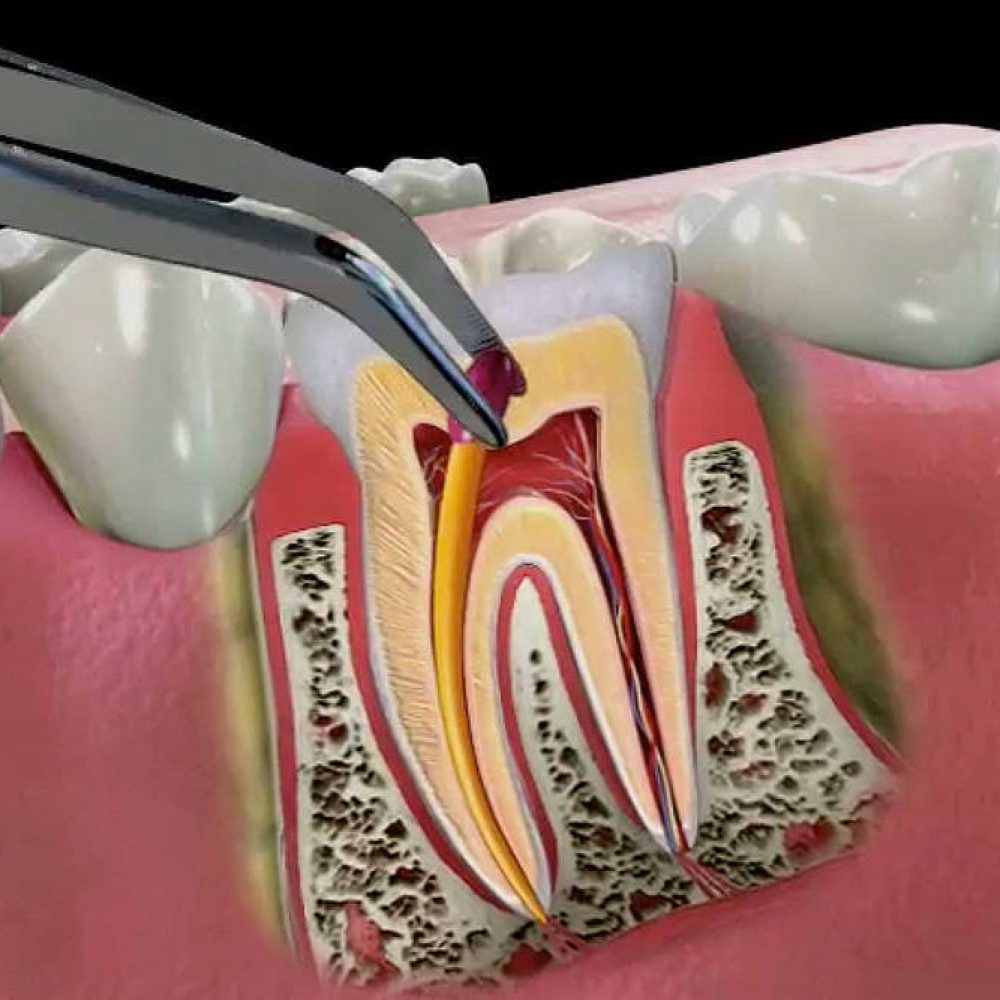Root Canal Treatment (Endodontic Treatment)



What Is Root Canal Treatment?
Root canal treatment, also known as endodontic treatment, is a dental procedure performed to treat infections that have penetrated deep into the inner tissues (pulp) of a tooth. The primary goal of this treatment is to preserve the tooth’s presence within the mouth as much as possible.
The procedure involves the removal of infected or damaged nerves, disinfection of the root canals using various instruments and solutions, and finally, sealing the canals completely with filling materials.
When Is Root Canal Treatment Necessary?
Root canal treatment may be necessary in cases of:
Severe Toothache:
An intense, throbbing toothache can indicate an infected or inflamed pulp inside the tooth.Sensitivity
toHotandCold:Sensitivity to hot or cold foods and drinks that lingers after the temperature stimulus is removed may be a sign of pulp inflammation or infection.Trauma:
If a tooth has been injured due to trauma, it can lead to pulp damage and infection over time.Discoloration:
Discoloration or darkening of a tooth may indicate problems with the pulp.Deep Decay:
Extensive tooth decay that reaches the pulp can result in infection.Abscess or Swelling:
An abscess or swelling near the tooth's root may indicate a severe infection.Pain When Chewing:
Pain while biting or chewing, especially when releasing the bite, can be a sign of pulp inflammation.The Root Canal Treatment Process:
Anesthesia:
During the first appointment, the area around the affected tooth is numbed with local anesthesia to ensure you don't feel any pain during the procedure.Access Opening:
A small access hole is drilled into the crown of the tooth to reach the pulp chamber.Pulp Removal:
The infected or damaged pulp tissue is carefully removed from the pulp chamber and root canals with special devices.Cleaning and Shaping:
The root canals are cleaned and shaped to remove any remaining infected material. This step is crucial for disinfection.Filling:
After thorough cleaning, the canals are sealed with a biocompatible filling material to prevent further infection.Restoration:
In most cases, a tooth that has undergone root canal treatment will need a crown or other restoration to strengthen and protect it.Root canal-treated teeth can function like natural teeth and can last a lifetime with proper care and maintenance. The procedure is typically successful in saving the tooth and alleviating pain associated with pulp infections.
It's important to consult with a dentist or endodontist if you're experiencing symptoms that may indicate the need for a root canal. Early diagnosis and treatment can help prevent the
spread of infection and preserve your natural tooth.


